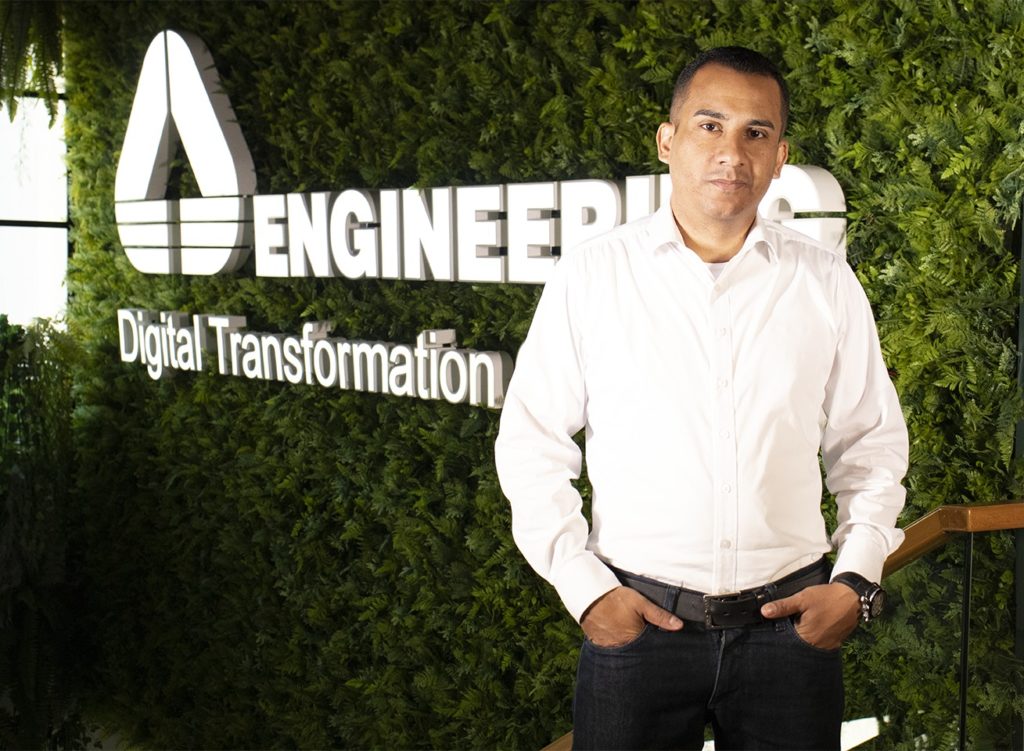 *William Rocha
*William Rocha
Relevant in the current context, decarbonization deals with the reduction of greenhouse gas emissions, such as carbon dioxide (CO²), in order to mitigate climate change and build a more sustainable future. This transition to a cleaner economy covers several sectors, such as energy, transport, industry and agribusiness.
The burning of fossil fuels, such as coal, oil and natural gas, is the main source of CO² emissions, which contributes to the increase in the average temperature of the planet, raises the sea level and causes ecological imbalances.
In this way, decarbonization emerges as a necessary response to face this global crisis and its implementation depends on the adoption of practices and technologies that reduce dependence on fossil fuels.
Solar, wind, hydroelectric, geothermal and biomass energy are real alternatives, but they depend not only on companies and governments to promote this transition, but also to subsidize investments in research and development to improve the efficiency and economic viability of these technologies.
Another important aspect is energy efficiency. The rational and efficient use of energy is a significant aid in reducing carbon dioxide emissions and can be achieved through the adoption of more efficient technologies, such as LED lighting, thermal insulation, more efficient electric motors and quality public transport systems. , which depends on the implementation of policies and measures that encourage energy efficiency.
In the transport sector, decarbonization also involves the transition from vehicles powered by fossil fuels to electric vehicles. Mass adoption is one of the sector's main weapons to reduce gas emissions and improve air quality in cities. In addition, investments in charging infrastructure and tax incentives can accelerate this transition and make electric vehicles more accessible and attractive to consumers.
The impact of carbon depletion also affects industry, which is responsible for a significant portion of global emissions. Implementing technologies such as carbon capture and storage (CCS) and the use of green hydrogen can help reduce emissions in the production of steel, cement and chemicals. In addition, a circular economy, which promotes reuse, recycling and waste reduction, is essential to minimize the environmental impact of these companies.
In agribusiness, another extremely important front on the subject, the implementation of sustainable agricultural practices, such as conservation agriculture, integrated management of fertilizers and agroforestry, can reduce greenhouse gas emissions and increase the resilience of agricultural systems. Furthermore, the protection and reforestation of natural areas are essential to capture and store carbon, thus ensuring real and effective decarbonisation.
This action is not only a responsibility of governments, but also requires the active participation of companies, financial institutions, civil society organizations and individuals. It is an opportunity to support sustainable development, create green jobs, improve people's quality of life and promote social justice.
The transition to a low-carbon economy brings with it biological, environmental, social benefits and even good tax incentives, in addition to being essential to guarantee a sustainable future for present and future generations.
In summary, decarbonization is a global challenge that requires concrete and urgent actions to reduce greenhouse gas emissions. The transition to renewable energy sources, the promotion of energy efficiency, the transformation of the transport sector, the adoption of low carbon technologies in the industry, the sustainable use of the land and the participation of different actors are fundamental in this journey. By adopting decarbonisation measures, we can build a cleaner, more resilient and equitable future for all.
*William Rocha is Commercial Manager gives Engineering Brasil. Graduated in Business Administration from UNI-BH and post-graduated in Agile Project Management and IT Project Management from Instituto de Educação Tecnológica (Ietec), he has more than 10 years of experience in the market and has worked at companies such as Access Brasil, MXT and Squadra Digital.
Notice: The opinion presented in this article is the responsibility of its author and not of ABES - Brazilian Association of Software Companies













